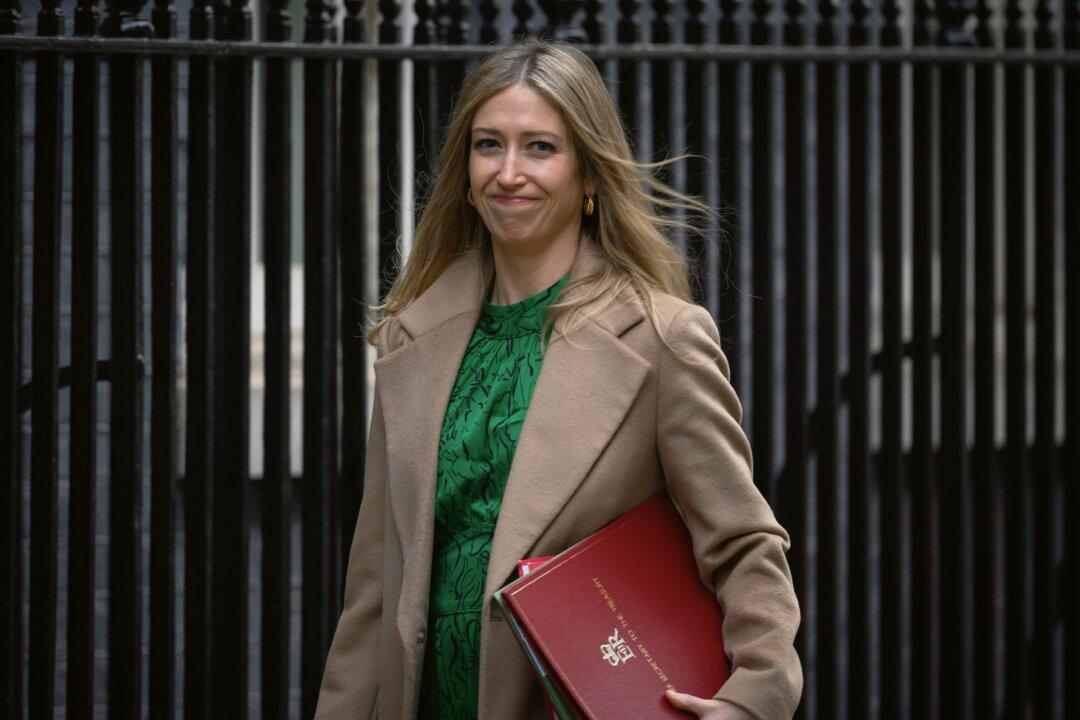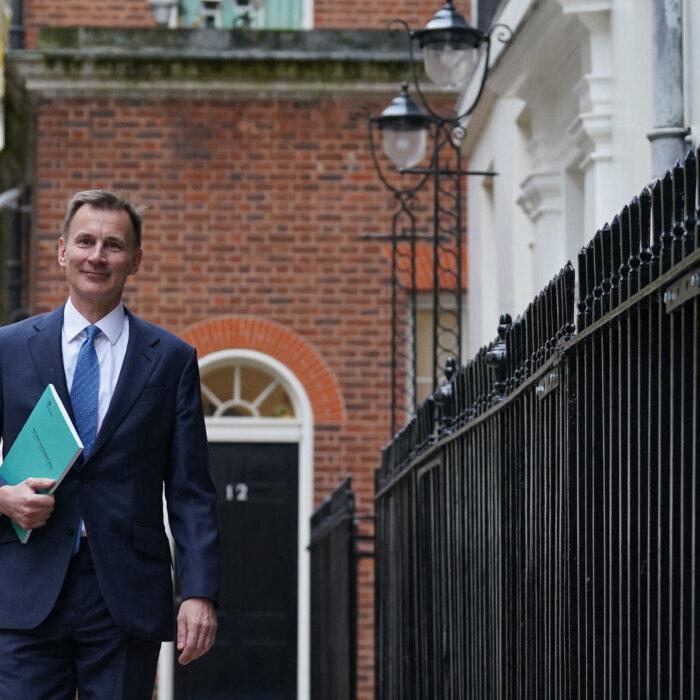A UK statistics watchdog has reprimanded Treasury ministers for making statements on taxes that could erode public trust.
Addressing the House of Commons last November, Ms. Trott said that “taxes for the average worker have gone down by £1,000.”
In a separate instance, when discussing the National Insurance Contributions [NIC] Bill, Ms. Trott told lawmakers that “taxes for the average worker will have gone down by £1,000 since 2010.”
Round Numbers
Addressing Ms. Trott’s statements, Sir Robert said that a typical listener would mistakenly conclude that “average worker’s overall tax bill has fallen in cash terms.”He explained that the claim of lower taxes since 2010 was not correct.
The combined impact of the NIC’s change and above-inflation increases to tax thresholds since 2010 means that “the average earner will pay over £1,000 less in personal taxes in 2024-25 than they otherwise would have done,” not than they did in 2010.
The tax thresholds, however, have not risen in line with rising prices since 2010.
Instead, the government froze the thresholds after the COVID-19 pandemic, which tipped a greater number of workers into the tax system or onto higher rates. The Office of Budget Responsibility described the trend as a “fiscal drag.”
The Treasury has estimated that NIC cuts meant that a household with two average salaries would save “nearly £1,000.”
“Given that Ms. Trott referred to an average worker rather than an average household, I presume she was using the latter definition,” Sir Robert said.
He warned that using “'round number’ talking points derived from very specific methods of calculation” risked confusing the public.
Ministers would also avoid the need for subsequent clarification, if they considered how a typical listener is likely to understand what lawmakers say, Sir Robert said.
Another Treasury minister, Bim Afolami, told the BBC in January that “taxes are coming down” and that “an average earner on £35,000 a year, they will be £450 better off as a result.”
Potential to Mislead
Labour’s shadow chief secretary to the Treasury, Darren Jones, criticised the Tory ministers’ tax comments.“A damning verdict today from the UK Statistics Authority,” said Mr. Jones in a post on social media platform X, condemning the government for “the highest tax burden in 70 years.”
Ministers have been under heightened public and media scrutiny, with Britain entering a general election year and the economy entering a recession after two consecutive quarters of negative growth.
In January, the UKSA issued another warning about misleading government statements. It addressed the claim by Prime Minister Rishi Sunak on “clearing” the asylum backlog, when in fact it hadn’t been eliminated entirely.
Sir Robert advised the Home Office to clearly explain the data it shares with the public relating to the “important” asylum policy area.
Ms. Trott has been also called out on a separate occasion for saying in a BBC interview that UK debt was falling as a percentage of GDP. Ms. Trott was corrected by the interviewer, who said he was “amazed” that she didn’t know that debt was rising.
The UKSA’s Office for Statistics Regulation will increase its “engagement” with government to ensure future communications do not have the “potential to mislead,” Sir Robert said.







